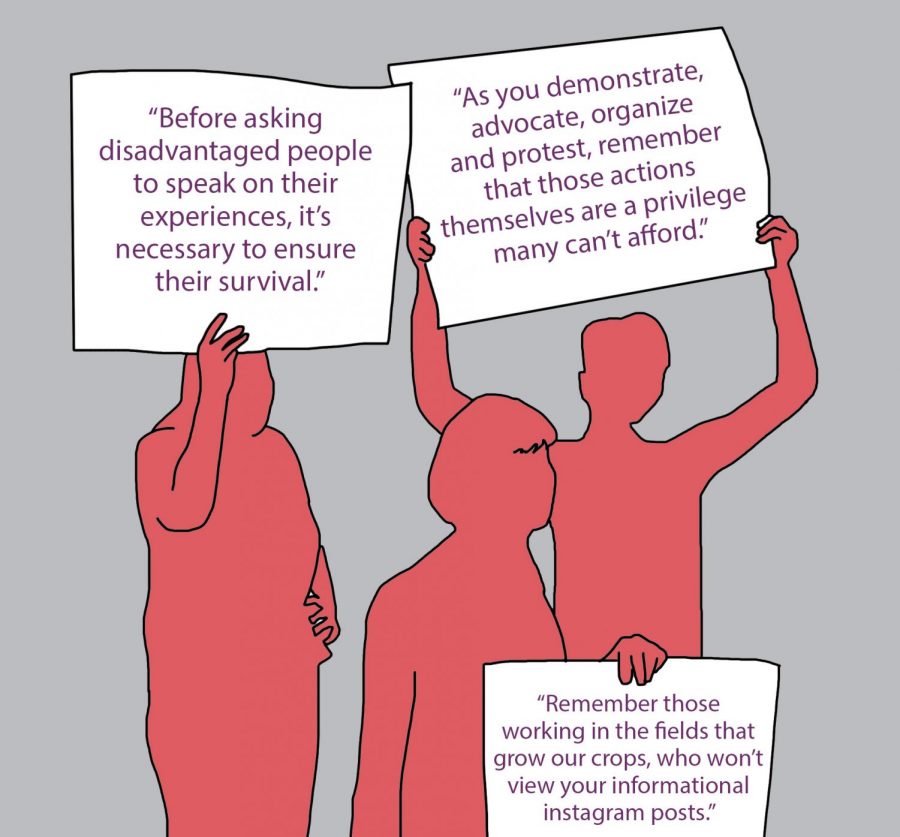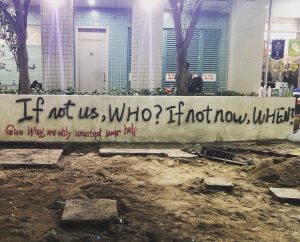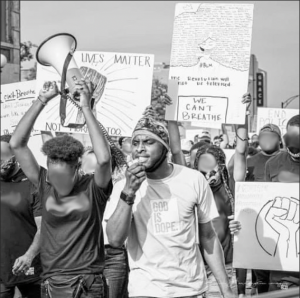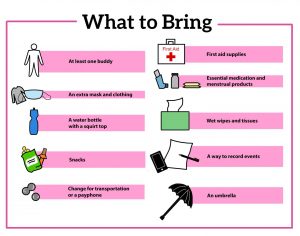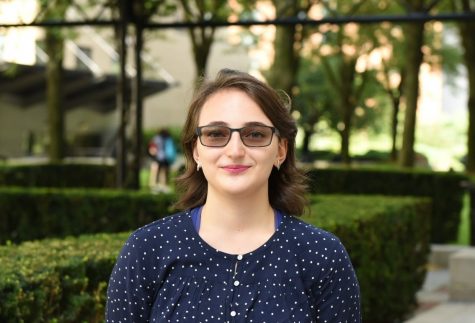A Reminder to Fordham’s Activists
October 28, 2020
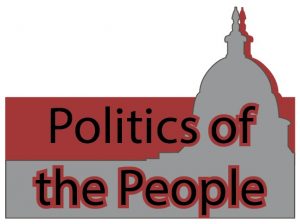 In a country yearning for political change at the cusp of a presidential election, it is crucial for those with economic and social advantages to remember those who turn the tide of revolution.
In a country yearning for political change at the cusp of a presidential election, it is crucial for those with economic and social advantages to remember those who turn the tide of revolution.
History has been shaped by both radical and conservative intellectual student movements. Young and driven by a desire for a fairer world, we create literature, art, music and change for people of all backgrounds. Yet the lived experiences of many students and activists, especially in regards to race and class, are not completely representative of the people who fight these battles.
This is not to say that these activists’ intentions are unjust or that their influence isn’t beneficial to the people they represent. Of course education and secure environments breed the ability to explore the full structure of injustice and, in some cases, can make finding and executing solutions more effective.
However, I implore today’s activists, revolutionaries and allies to consider and uplift those whom the consequences of our rhetoric affect most, because sustainable change takes more than political commentary pieces like this one.
It’s all too common for people to post or tell their friends to “uplift ___ voices!” usually Black and Indigenous voices, without taking concrete action to do so. Before asking disadvantaged people to speak on their experiences, it’s necessary to ensure their survival. Because well-educated and well-off activists don’t share the experience of poverty and the daily fight for mere existence, they cannot understand the burdens that revolution can have on these populations.
Mutual aid takes many forms, but its basic purpose is to provide resources to those who need it most within communities.
Sometimes the impact is physical: It takes stamina to organize every day. But often the burden is psychological. Expecting someone to speak eloquently on some of the hardest aspects of their lives is not always the considerate or effective course of action. This is why providing resources through mutual aid is the first step in uplifting the voices of others and creating the environments where productive and inclusive social movements take place.
Mutual aid takes many forms, but its basic purpose is to provide resources to those who need it most within communities. Only when the basic needs of the most vulnerable are met can we expect people to share the nuances of their experiences, which is what is necessary for the sustainability and effectiveness of positive change. Resources to meet basic needs are key, and then the next step would be to provide resources to feed people’s minds.
Additionally, supporting movements led by people with experience in the toughest environments is extremely important. A perfect example of this is in Bolivia, where Evo Morales was elected as the first Indigenous president.
Morales didn’t have the privilege of an education. He was born in a mining village. His family, like many Indigenous people in Bolivia, farmed the culturally significant coca plant as their ancestors had for decades.
Yet with support from the people of Bolivia, he was able to lead an extremely successful and significant movement that represented the Indigenous population. Morales was able to be an authentic voice for others because his voice cut through the crowd and shed light on the experiences of his population. This is a lesson for us in America today.
Fordham tells us to be people for others. In order to do so, we must think critically about the way in which we advocate for the people they have dubbed “others.”
So I conclude with this:
As you demonstrate, advocate, organize and protest, remember that those actions themselves are a privilege many can’t afford. Remember those working in the fields growing our crops who won’t view your informational Instagram posts. Remember those who are so concerned about making the next rent payment that they don’t have time to read political theory.
Uplift the experiences and opinions of those who have never debated the merit of social welfare, yet rely on it to feed their families. Be there, in truly meaningful ways, for the people whose opportunities have been stunted by racism and discrimination for generations. These are the people who need justice the most, yet whose existence is too often overlooked.

